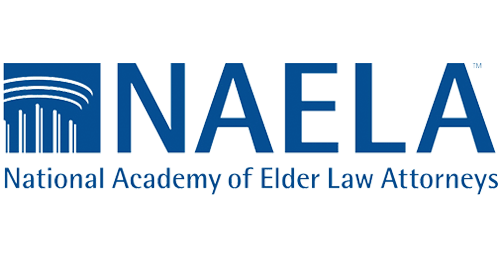
What is a Guardian?
If a loved one is unable to make decisions for him or herself, the court may appoint a substitute decision maker, often called a “guardian,” but in some states called a “conservator” or other term. A guardian is only appointed as a last resort if less restrictive alternatives, such as a power of attorney, are not in place or are not working.
Who Needs a Guardian?
Generally, a person is judged to be in need of guardianship when he or she shows a lack of capacity to make responsible decisions or decisions that are in their best interests, and the appointment of a guardian is necessary to meet his or her needs.
The court usually looks at a number of factors in determining the need for a guardian or conservator, including the following:
- Comprehension of important medical or financial information
- Appreciation of the importance of medical and financial decisions and understanding the effect of those decisions
- Ability to make reasonable decisions using the information available
- Capacity to communicate decisions in a consistent manner
- Ability to maintain a safe environment and take care of him or herself

Alternatives to Guardianship – Plan Ahead of Incapacity
To avoid guardianship, a person may be able to sign legal documents, such as a power of attorney or trust, before they become incapacitated to authorize others to act on his or her behalf. Keep in mind that the standard for whether someone is incapacitated to care for themselves is not always the same as whether they have the capacity to make legal decisions. Proper execution of a legal instrument requires that the person signing have sufficient mental “capacity” to understand the implications of the document.
Our experienced attorneys are happy to discuss with you the most appropriate means of protecting your vulnerable loved ones, whether that be guardianship or other legal instrument, such as a trust or power of attorney.





